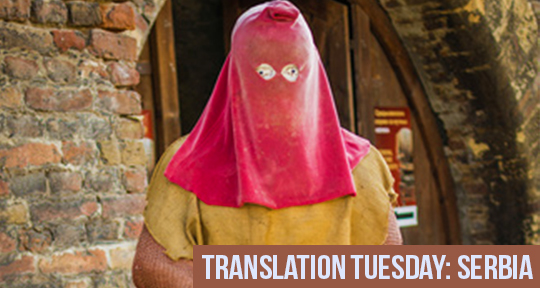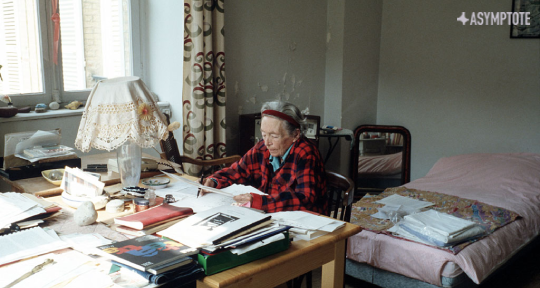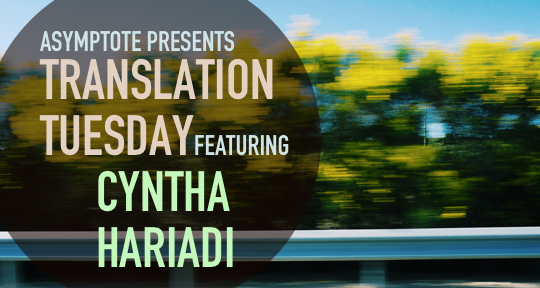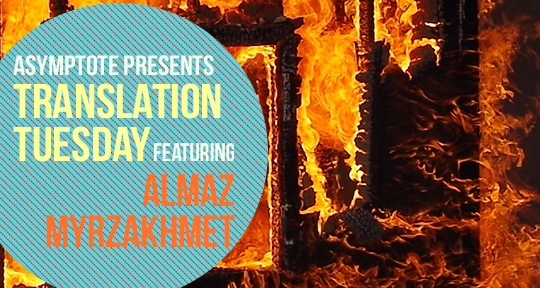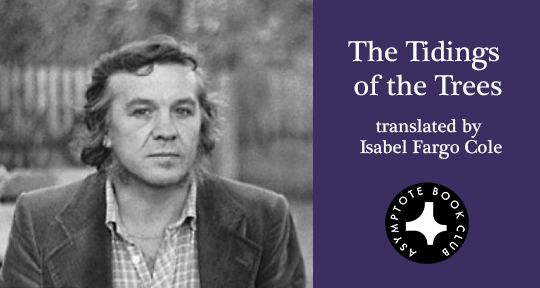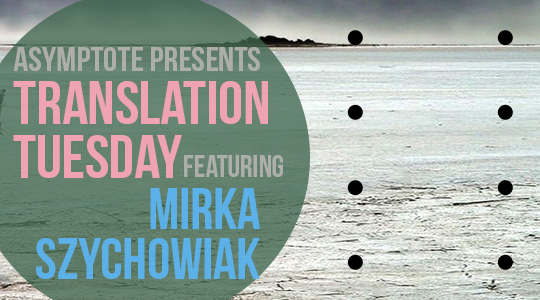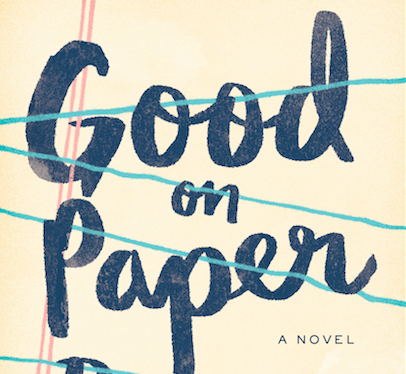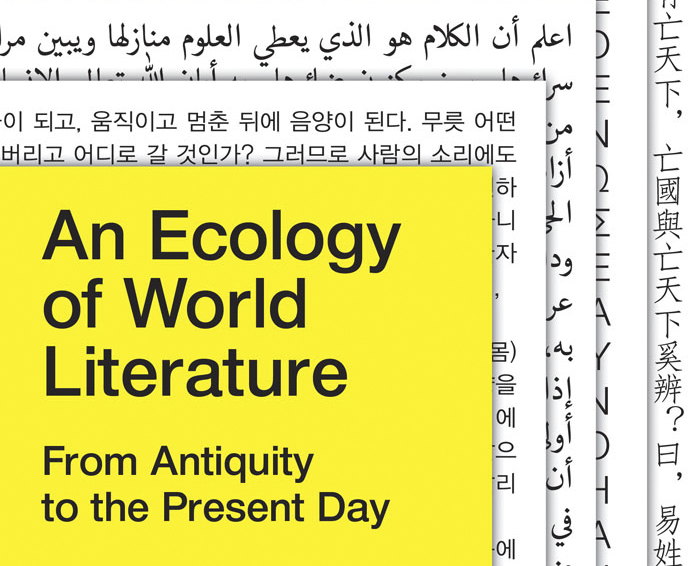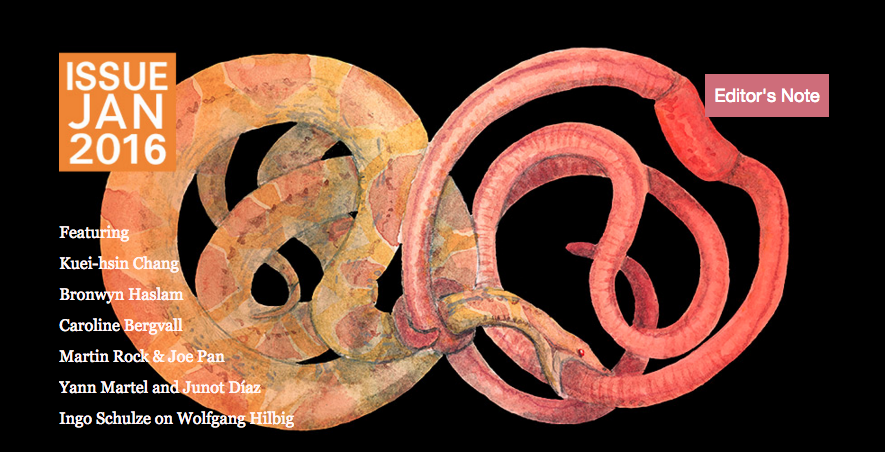A flying lesson allegorizes the lifework of Italian writer Daniele Del Giudice in “My Friend Daniele’s Flight,” our selection for this week’s Translation Tuesday. In this philosophical essay, writer and editor Ernesto Franco recounts Del Giudice’s views on the writer’s vocation, a discipline defined by the responsibilities of precise language and careful attention to the world. Del Giudice gives Franco the controls of his plane—upon which we are guided through Del Giudice’s philosophies on writing, friendship, and ways of knowing the world. Franco turns to three key words to describe Del Giudice’s enterprise: Sentire, the feeling that relies upon lived knowledge and experience to avoid sentimentality; Mania, the obsessive energy that demands precision and allows one to know the world; and Phantasia, a creative contrast to shallow, mimetic ways of writing. Franco’s memoir comes to a tragic revelation, but the allegory nonetheless has Del Giudice safely returning us from our flight, illustrating what his philosophies can teach us outside of literature.
“Here, now you take it,” Daniele tells me, continuing to look straight ahead while at the same time taking both hands off the controls. It is a cold, sunny autumn morning toward the end of the nineties. We have just taken off from Nicelli Airport in Venice-Lido aboard a single-engine touring plane, whose model I don’t remember, and which Daniele has stabilized to maintain altitude. I had just experienced the words that I have not forgotten and that I won’t ever forget: “The run-up to take-off is a metamorphosis; here is a pile of metal transforming itself into an aeroplane by the power of the air itself, each take-off is the birth of an aircraft, this time like all the others you had had the same experience, the same wonder at each metamorphosis.” The precise, imaginative words of Staccando l’ombra da terra for something I had never experienced before, because taking off on the grass aboard a small airplane, a small “machine” as Daniele would say, sitting beside the pilot, is something completely different from taking off on a normal airliner. Among other things, with the title Staccando l’ombra da terra he formulated for all of us non-pilots an action and an emotion that did not exist before, and did so with the paradoxical effect (how can a shadow take off from the ground?) of the precision of the words concurrent with the added “shadow” of meaning which they alluded to. I actually felt as if wings had sprouted from my shoulders, but I didn’t dare move. “Go on . . .” Daniele says with a knowing smile. And I place two hands on the control wheel, remaining stock-still amidst the roar of the “machine.” Who knows why, but I feel like I have to be ready to make a move and resist with a decisive, forceful action. Perhaps, simply, my body is thinking about the powerful, rotational thrust of the rudder of a sailboat, with which I am much more familiar. But that’s not the case. The flight control is very light. You can practically move it just by thinking of moving it, but doing so moves the entire world in which we find ourselves. Steering on the edge of a subtle, brand new sense of equilibrium. That’s the sensation that I will have the whole time spent inside Daniele’s mania.
When I think of Daniele, of his books, his writing, his idea of literature, his way of thinking and understanding, even when I think of our friendship, the feeling I had at that moment comes back to me. I think about it even now, when I arrive in Venice and instead of San Polo or the hangar, I head for Giudecca, make my way through the maze of calle to the residence where he is housed, and speak my name into the intercom. Everyone here is very kind, the grounds, which overlook the lagoon and the Lido, are beautiful, but of no use to Daniele now, whom I always find in his room. A room that I could not distinguish from the outside, a room that is his, so to speak, in a neutral way: containing him, but without any trace of him. It seems strange only to me. His traces can be found, however, not only in his books, but in some universal words that speak of Daniele Del Giudice better than any other utterance. I will choose three. Sentire, to feel, to experience, has been one of “his” words since Lo stadio di Wimbledon and Atlante occidentale in fact. He applies it, I’ve always thought, not so much as an antidote to sentiment, but to sentimentality employed as an element, as recourse, rhetoric, to compensate for the aphasia of a lack, or absence, of experience. Sentire, on the other hand, is like improvisation in jazz: you can’t do it if you don’t know all the music, but you can’t do it if you don’t venture to the edge of the music you know, and from there love and know in one sound, in one action. READ MORE…


